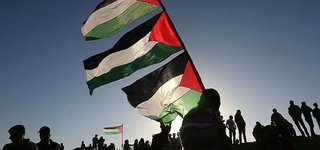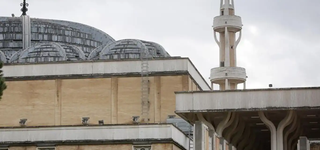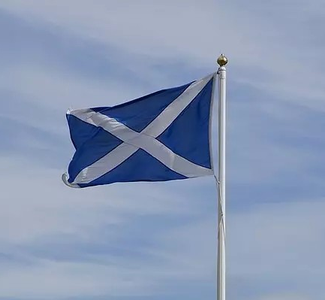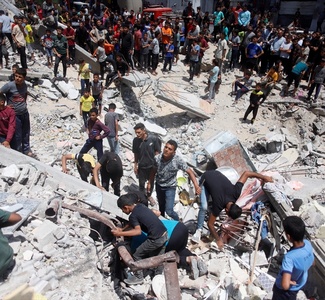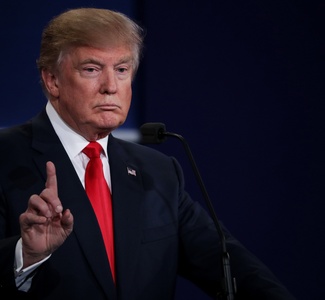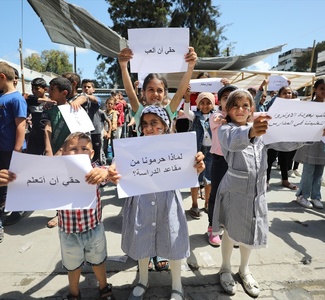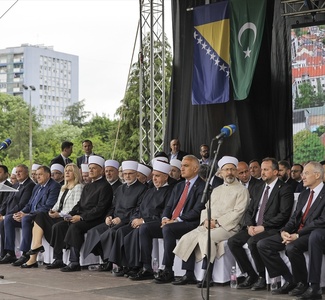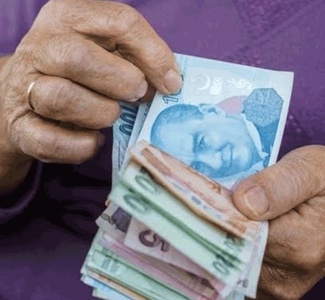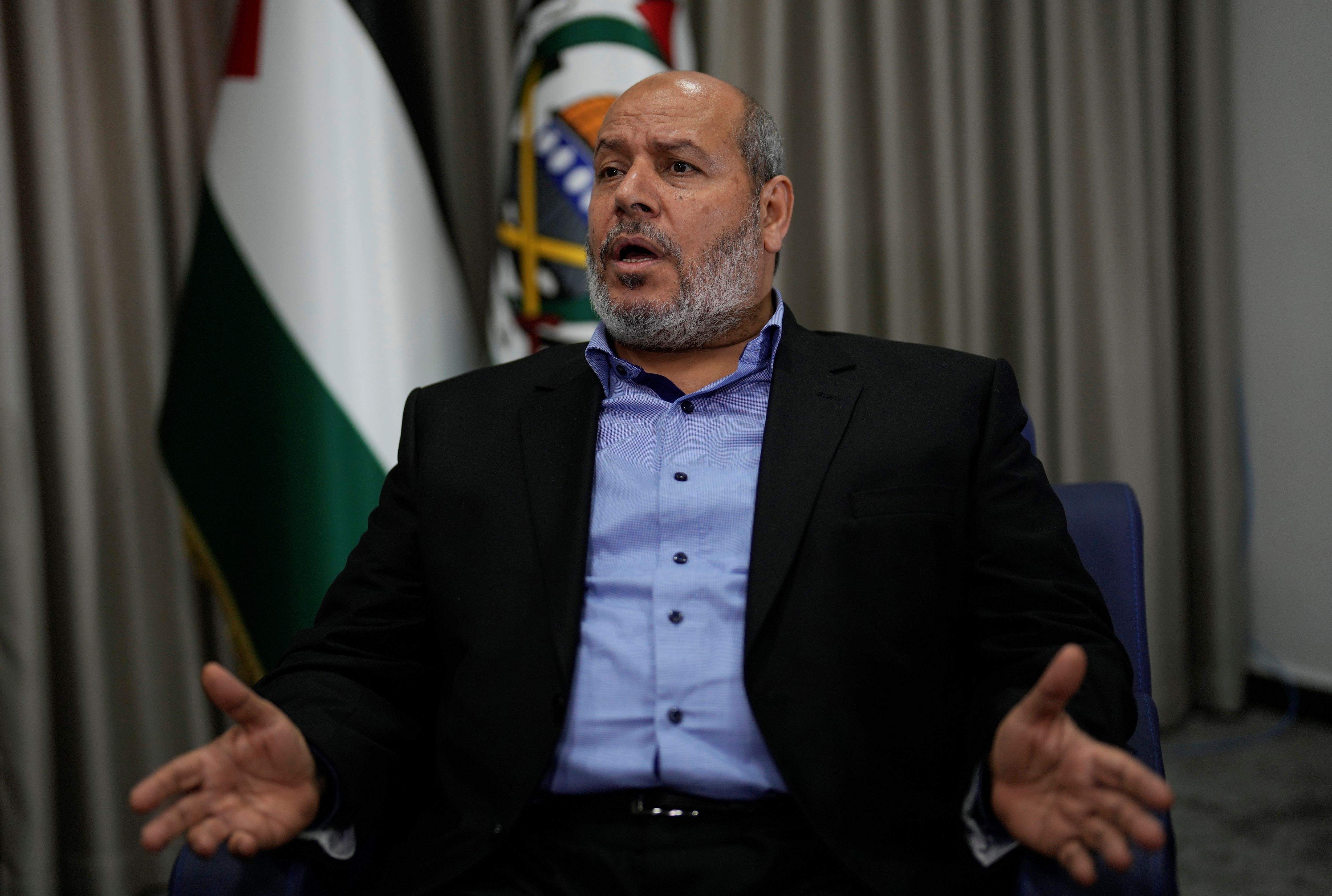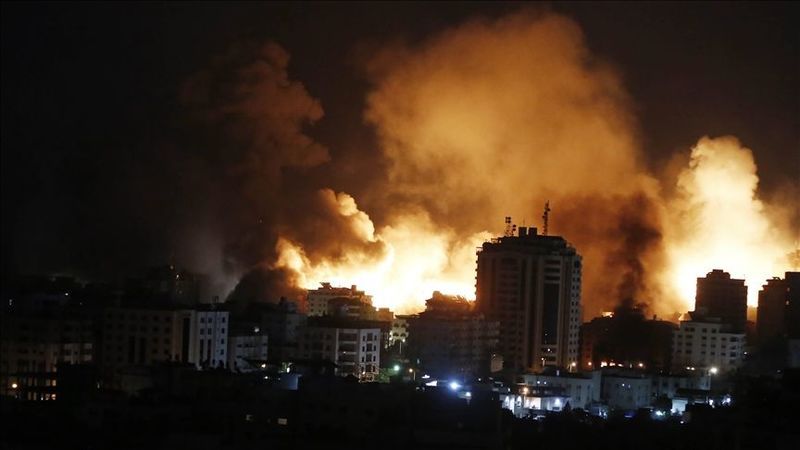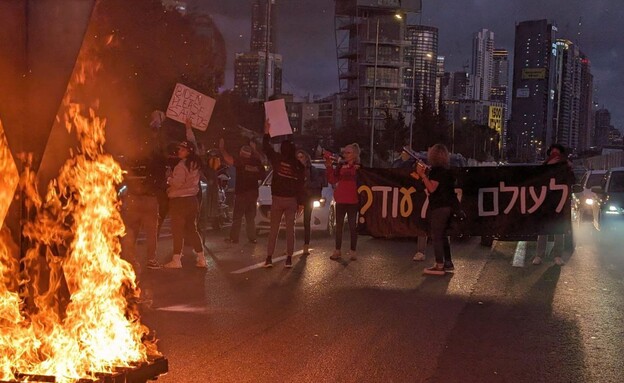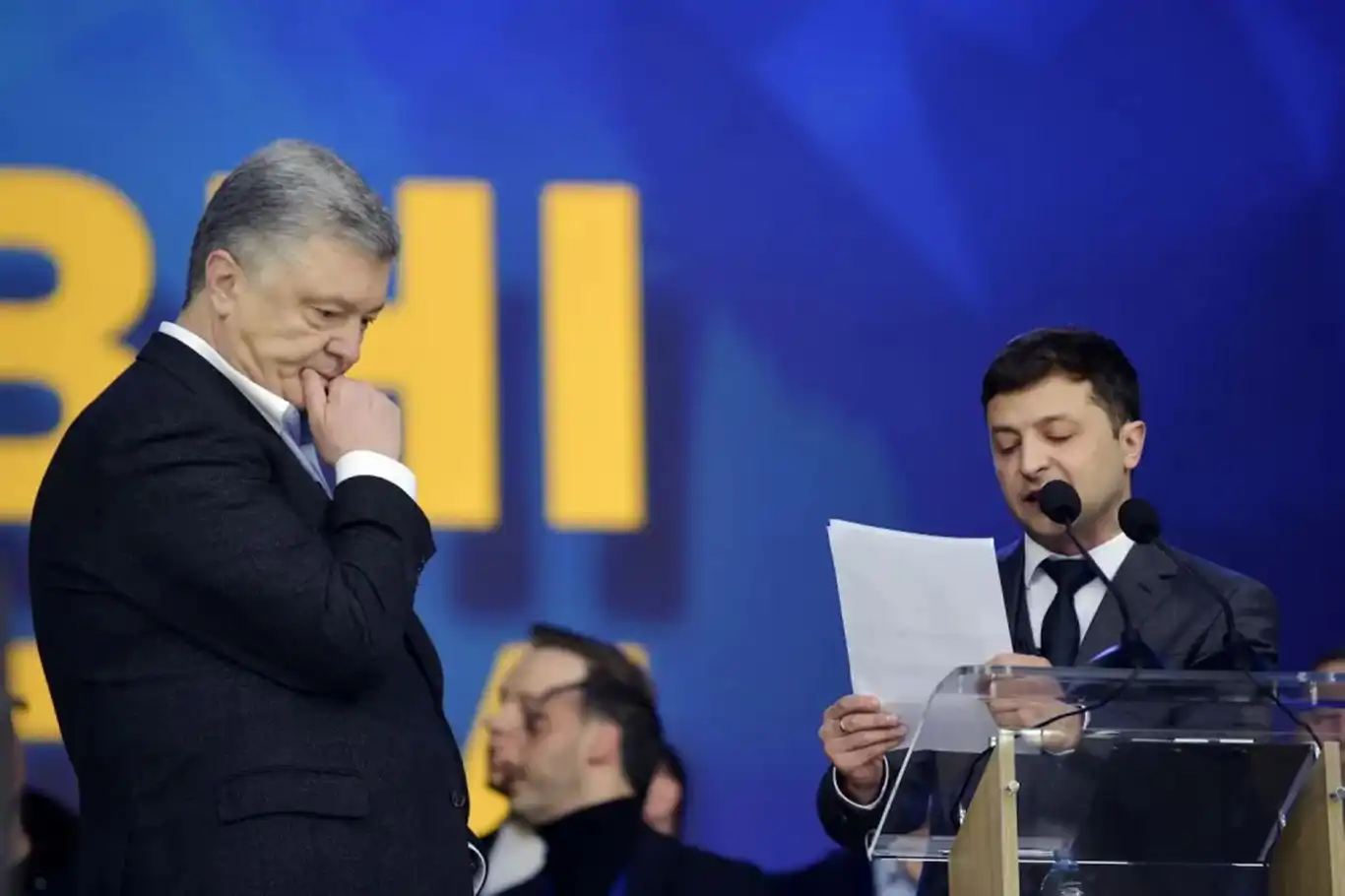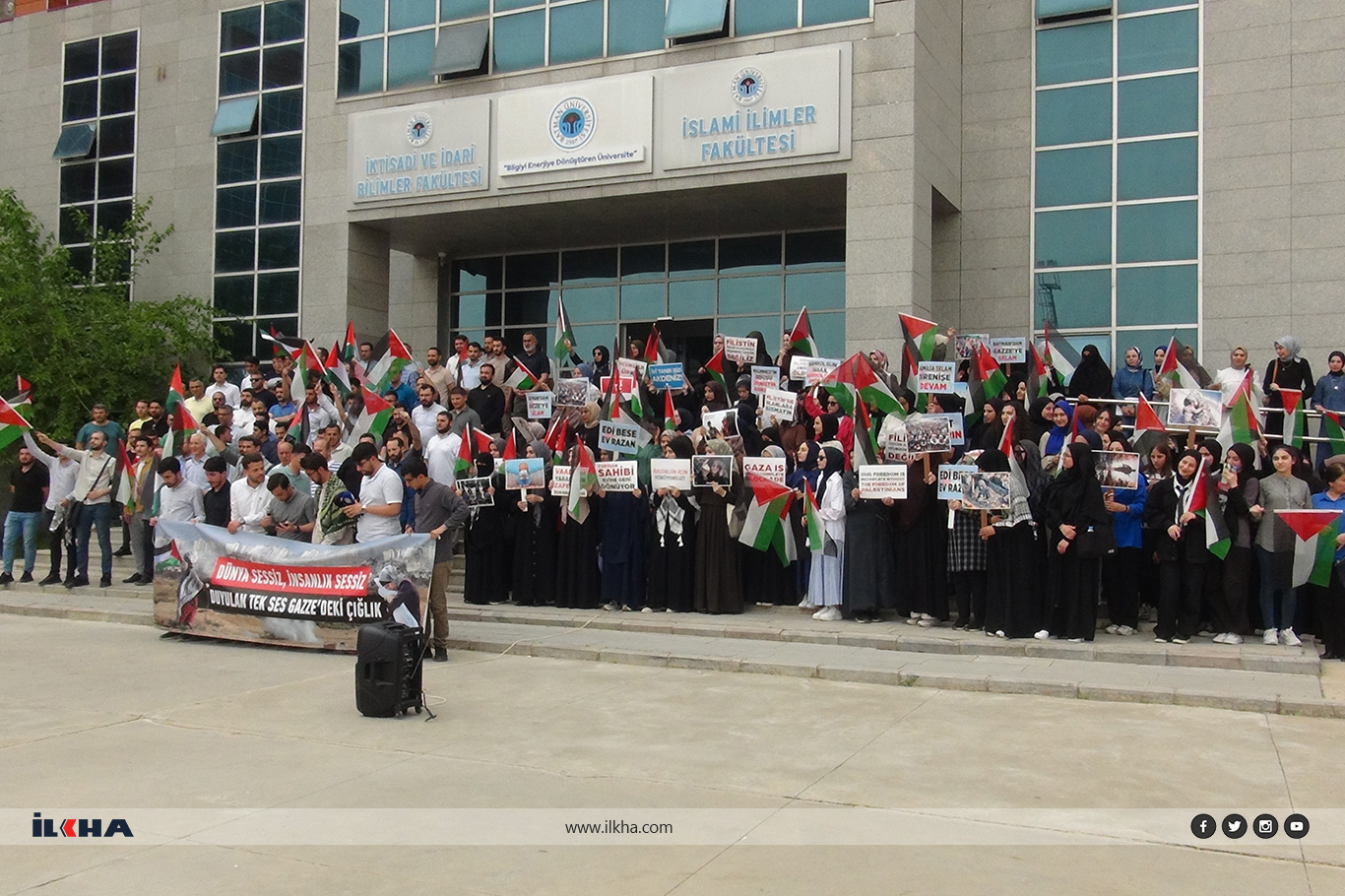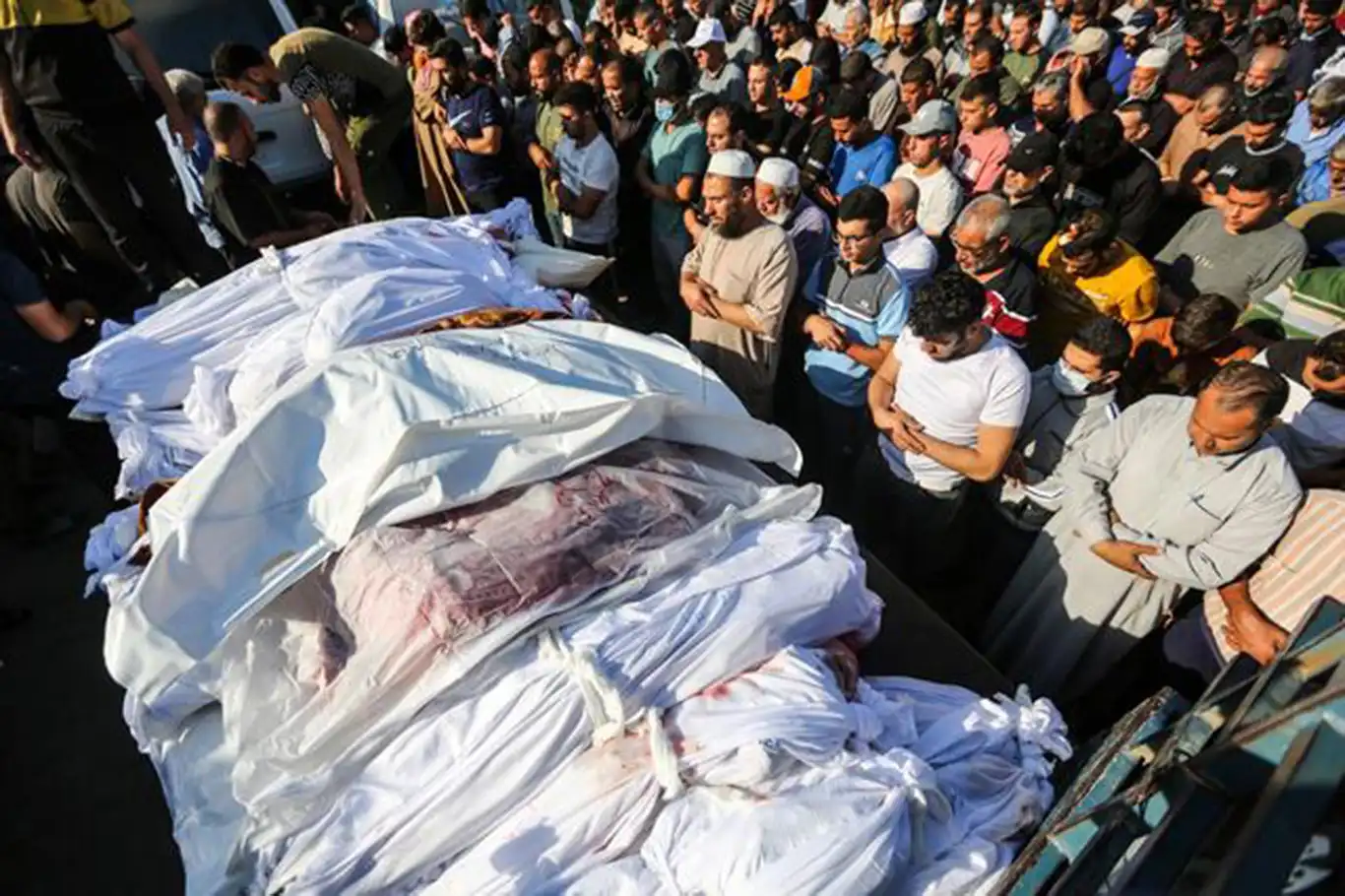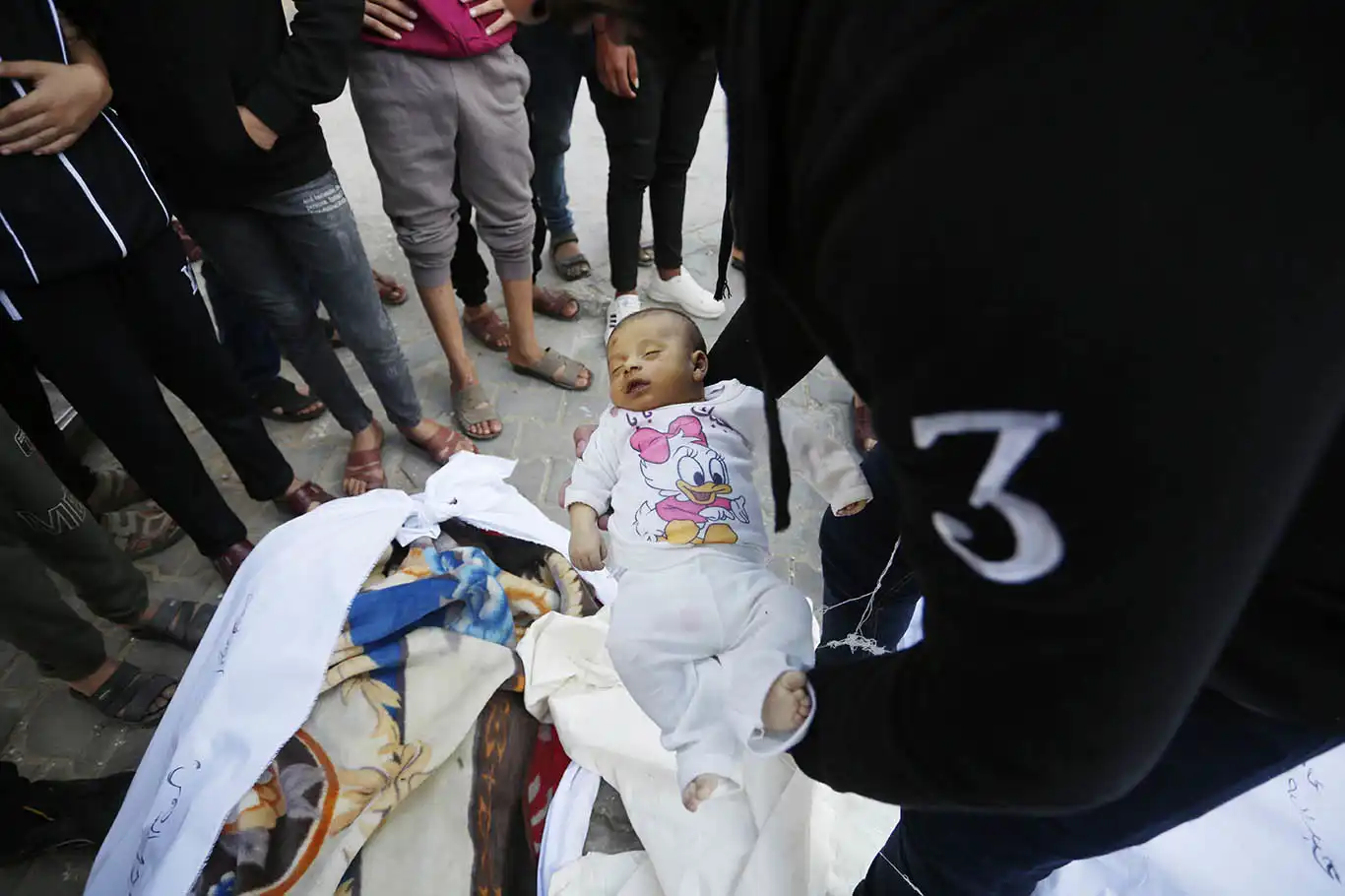Protests against police brutality continue in France
Approximately 2,000 people defied a ban to participate in a memorial rally held in central Paris on Saturday, honoring Adama Traore, a young black man who died while in police custody in 2016.
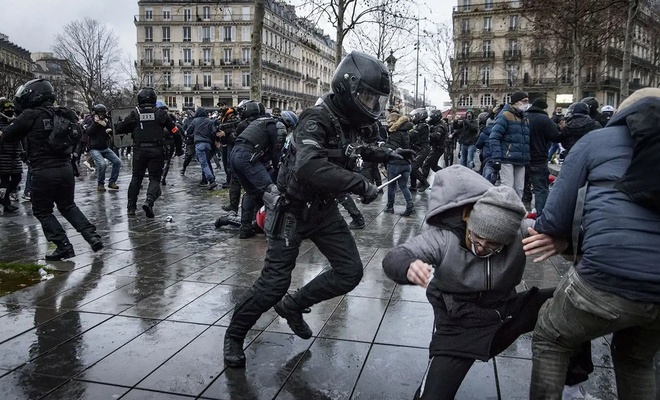
 Google News'te Doğruhaber'e abone olun.
Google News'te Doğruhaber'e abone olun. The event took place amidst nationwide marches denouncing police brutality, following days of widespread rioting across the country. The interior ministry reported that around 5,900 people participated in protests throughout France.
The annual commemorative march, organized by the sister of Adama Traore, was originally planned to take place north of Paris but was prohibited by a court due to concerns of potential public disturbance, given recent unrest triggered by the police killing of 17-year-old Nahel M. at a traffic stop near Paris.
Assa Traore, Adama's older sister, expressed her dissatisfaction with the decision in a video shared on Twitter, accusing the government of exacerbating the situation and disrespecting her brother's death. She attended a rally at Place de la Republique in central Paris instead, where she spoke out against police violence alongside several lawmakers.
The prime minister, Elisabeth Borne, expressed concerns about the possibility of further rioting during the upcoming Bastille Day celebrations on July 14. Borne stated that the government would deploy significant resources to protect the French people, and she announced a ban on the sale of fireworks, which had been used by rioters to target the police.
The Paris rally for Traore was also banned due to concerns about public order, and legal proceedings have been initiated against Assa Traore for organizing the event. Youssouf Traore, another one of Assa Traore's brothers, was arrested on suspicion of violence against a person holding public authority.
Jean-Luc Melenchon, leader of the France Unbowed party, criticized the government's actions and expressed concerns about the erosion of freedoms. Multiple demonstrations against police violence took place across France, and trade unions, political parties, and associations called on their supporters to join the march for Traore, amidst allegations of institutionalized racism within the French police force following Nahel M.'s shooting.
The UN Committee on the Elimination of Racial Discrimination (CERD), comprising 18 independent experts, urged France to enact legislation defining and prohibiting racial profiling. The committee also raised concerns about the excessive use of force by law enforcement. However, the French foreign ministry disputed these remarks, claiming they were unfounded and excessive, and reiterated that ethnic profiling by law enforcement is prohibited in France.
Far-right parties have linked the recent riots, the most severe and widespread since 2005, to mass migration and have called for restrictions on new arrivals. Over 3,700 people, including at least 1,160 minors, have been taken into police custody in connection with the protests following Nahel's death, according to official figures.
The defiance of the ban on the Adama Traore memorial rally in Paris is a sign of the growing anger and frustration among many French citizens over the issue of police brutality. The rally comes at a time when the country is already reeling from the recent police killing of 17-year-old Nahel M., which has sparked widespread protests and riots.
The government's decision to ban the rally has been met with widespread criticism, with many people accusing the authorities of trying to silence dissent. The ban has also served to further inflame tensions between the police and the public, and it is likely to lead to more protests in the coming days and weeks.
The UN Committee on the Elimination of Racial Discrimination's (CERD) call for France to enact legislation defining and prohibiting racial profiling is a welcome development. CERD's concerns about the excessive use of force by law enforcement are also valid, and it is important that the French government take steps to address these issues.
The recent riots in France are a reminder of the deep-seated problems that exist in the country's relationship between the police and the public. It is essential that the government take steps to address these problems, and that it do so in a way that is respectful of human rights and the rule of law. (ILKHA)






























